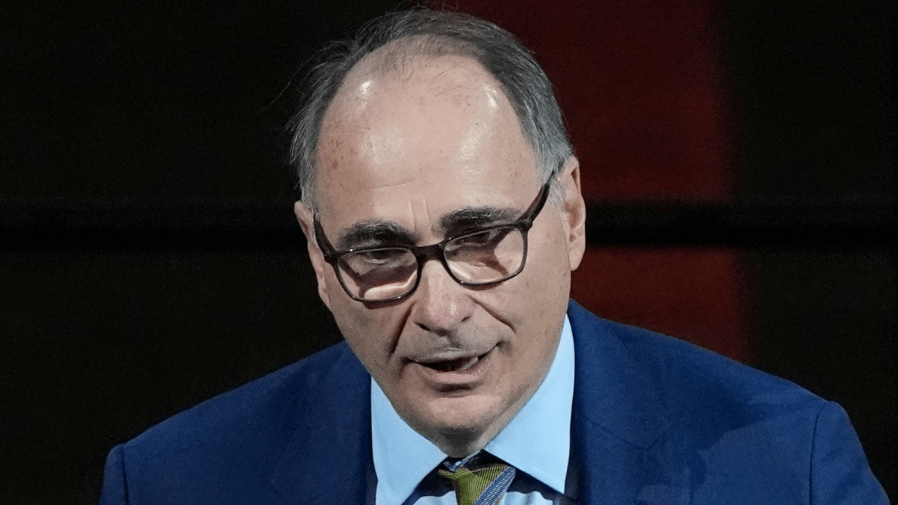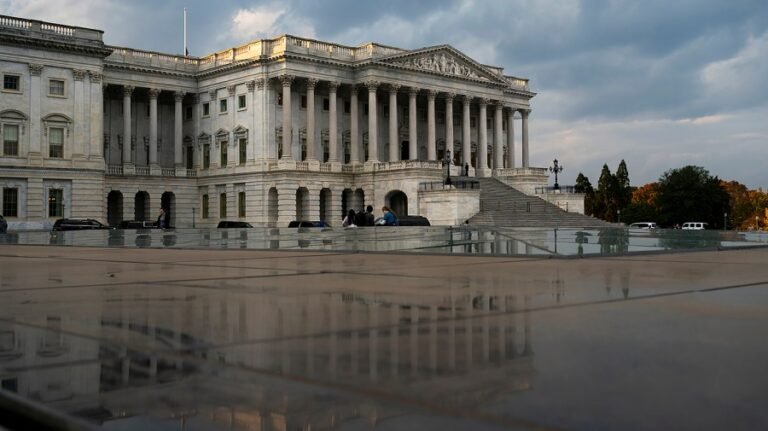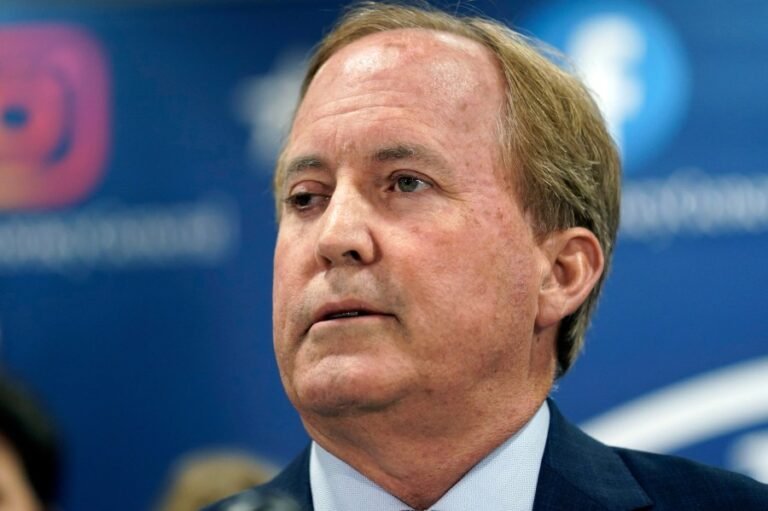
Democratic strategist David Axelrod predicted on Monday that Senate Minority Leader Chuck Schumer (D-N.Y.) will not retain his leadership post after next year’s midterm elections.
“I think he’s been in trouble. I think he is in bigger trouble now,” Axelrod told CNN’s Anderson Cooper, when asked if Schumer is “in trouble here with the left flank of the party.”
“Senator Schumer has been there since 1982,” he continued. “My guess is that he won’t be leader of the party in 2027, after this election, unless something really surprising happens.”
Schumer has faced sharp criticism from rank-and-file Democrats after eight members of the Senate Democratic caucus broke with the party position and voted with Republicans to advance a bill to reopen the government. Democrats had been insisting on extending enhanced Affordable Care Act (ACA) subsidies before lending their support to reopen the government.
While Schumer did not vote for the legislation, he’s faced calls for his resignation and fierce backlash from progressives who have skewered him for failing to keep his party unified in blocking the GOP funding proposal.
But Axelrod, who served as chief strategist to former President Obama, said he thinks Democrats will ultimately unify around their greater enemy: President Trump.
He also said Democrats were successful in focusing the public’s attention on the health care subsidies, and he predicted the issue could damage Republicans in the 2026 midterm election cycle.
“We’re talking about the internal strife within the Democratic Party,” Axelrod said. “Democrats had internal strife before these elections last Tuesday, and they unified because they had a bigger concern, which was Donald Trump.”
“I think one of the problems Republicans have to consider now is Democrats did do a very good job of shining a bright light on this Affordable Care Act issue and the general issue of health care costs,” he continued.
“And now Republicans, who were steadfast in opposing a solution to it, maybe they’ll change their mind, but this is a heavy burden for them to carry into the midterm elections.”


